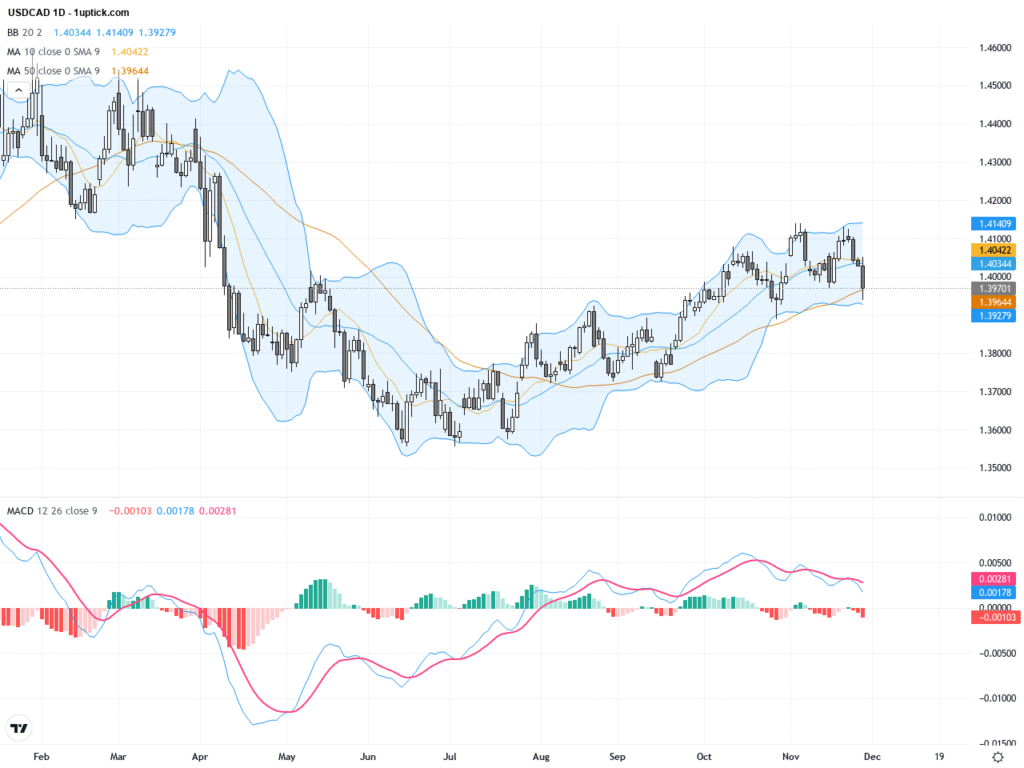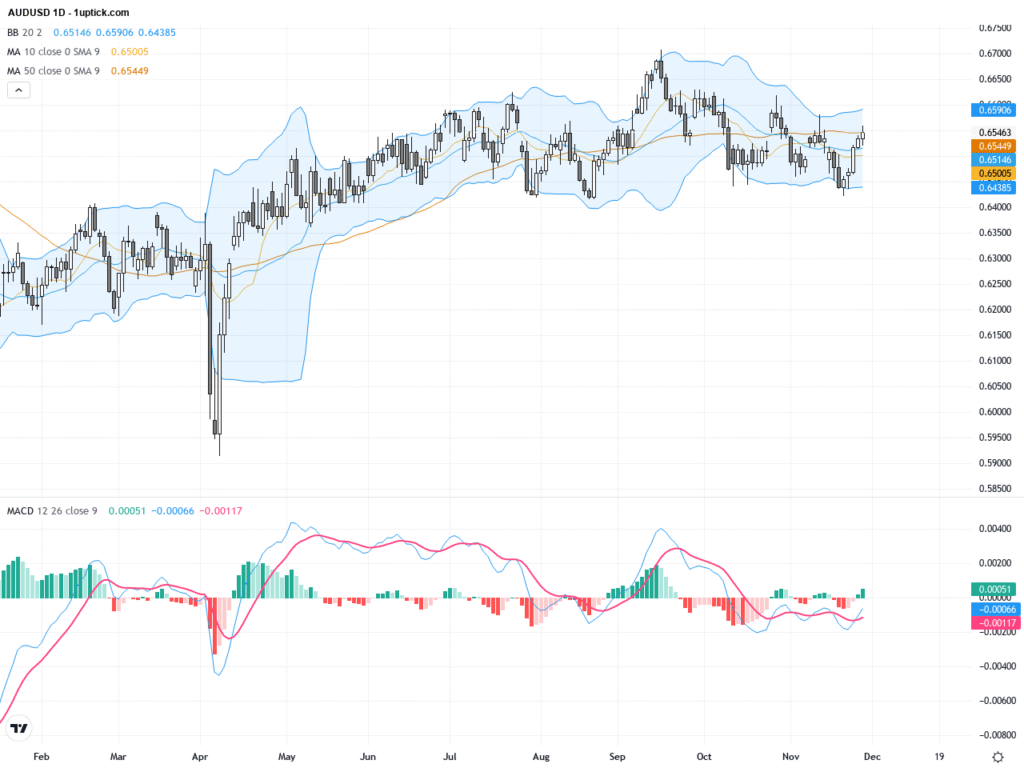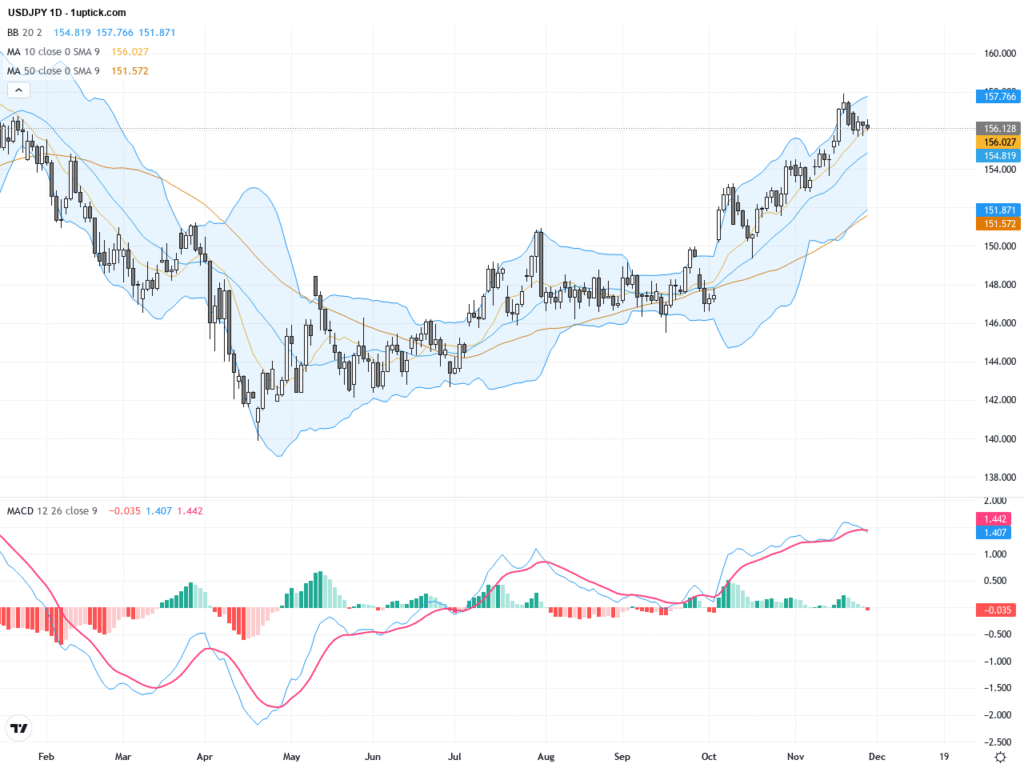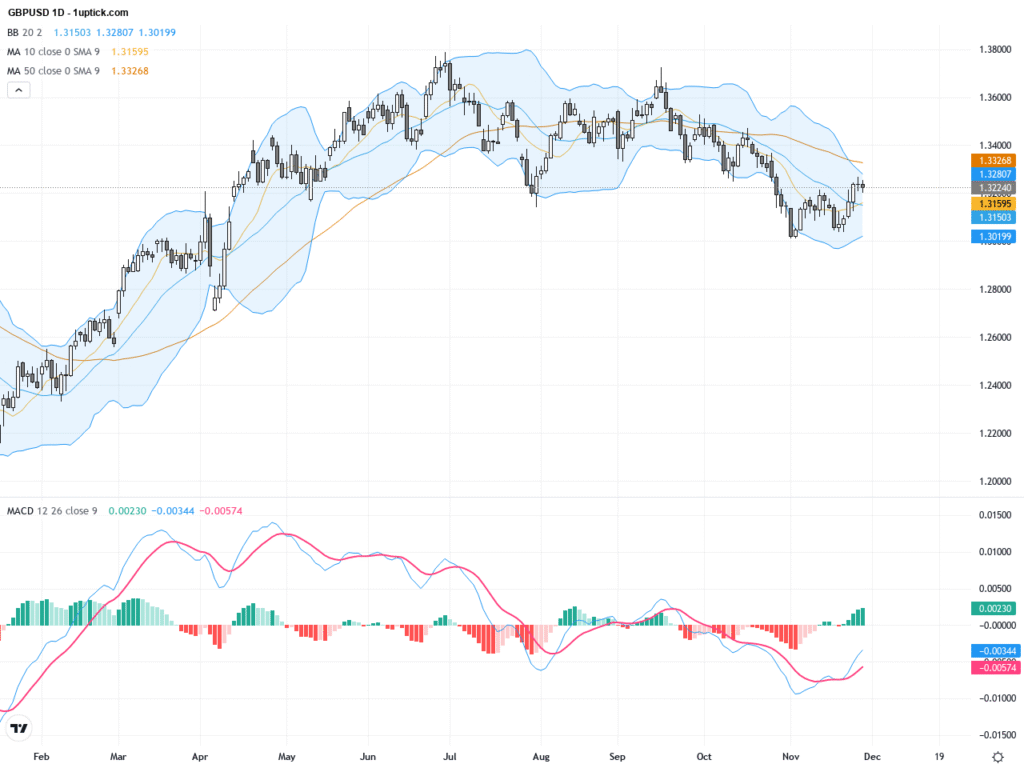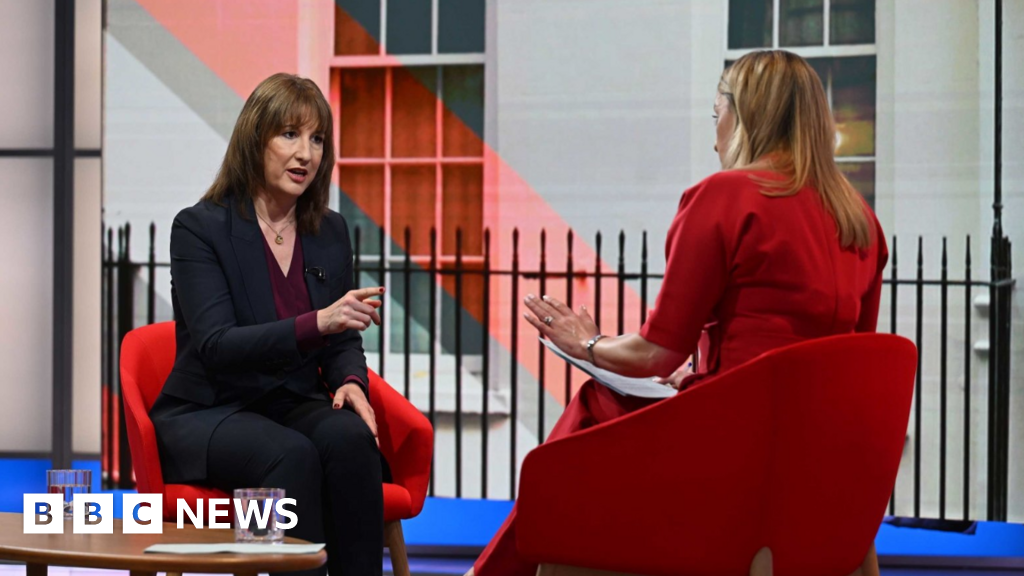 |
| Gold V.1.3.1 signal Telegram Channel (English) |
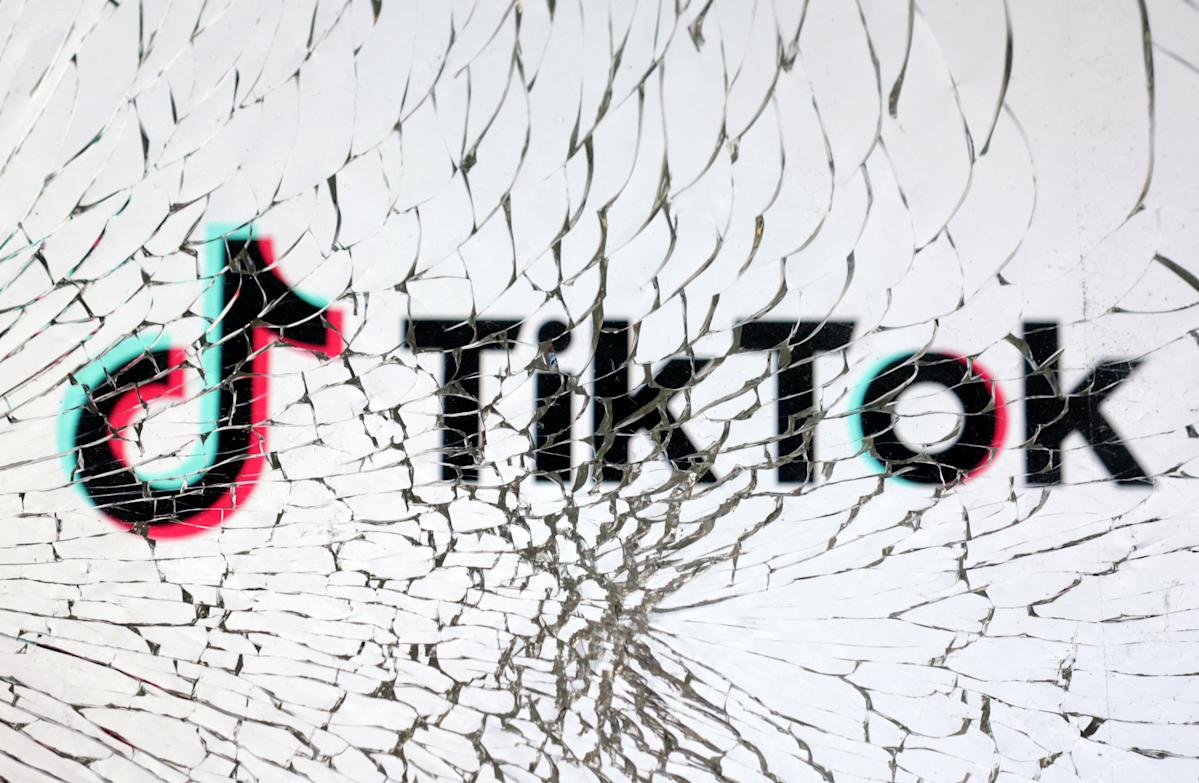
Minnesota Sues TikTok Over Child Exploitation, Addiction, and Mental Health Risks in Landmark Youth Protection Case
2025-08-22 @ 01:00
Minnesota has become the latest state to take legal action against TikTok, marking a broadening movement among U.S. states to hold social media platforms accountable for the risks they pose to children. On August 19, 2025, Minnesota Attorney General Keith Ellison filed a sweeping lawsuit accusing TikTok of exploiting young people through intentionally addictive features and manipulative business practices.
Unpacking Minnesota’s Lawsuit Against TikTok
Ellison’s suit alleges that TikTok knowingly preys on the neurodevelopmental vulnerabilities of children and teens. Through a variety of design choices—ranging from personalized content algorithms to a never-ending “infinite scroll” interface—TikTok is said to have engineered a platform that hooks users for as long as possible. The lawsuit draws a direct parallel to past litigation against Big Tobacco, characterizing TikTok as “digital nicotine” with algorithms that foster compulsive behavior, particularly among youth.
One of the central charges concerns TikTok’s use of beauty filters, which not only alter appearances but also reinforce harmful narratives about body image. The legal complaint points out that beauty filters are often enabled by default for minors, despite research showing that young users are at heightened risk for mental health issues like body dysmorphia and eating disorders during adolescence. Internal company documents cited in the lawsuit reportedly acknowledge the negative impact of these filters but show little action taken to address them.
The Role of Virtual Economies and Exploitation
Another key allegation relates to TikTok’s “LIVE” streaming feature and its unregulated marketplace, where virtual gifts purchased with real money can be sent to live streamers. Minnesota’s suit contends that this virtual economy not only encourages more screen time and impulsive spending among minors, but also opens the door to sexual and financial exploitation. There have been documented cases where young users were coerced or manipulated in the context of livestreams, underscoring the potential dangers when such platforms lack adequate safeguards.
Mental Health Impacts in Focus
Minnesota’s action comes against the backdrop of rising mental health concerns among the state’s youth. Over half of Minnesota’s high school juniors reported feeling persistently down or hopeless in recent surveys, with nearly 70% experiencing regular anxiety or nervousness. The lawsuit references studies linking excessive social media use, especially on platforms designed for compulsive engagement, with sharply increased risks of depression, anxiety, and even suicidal ideation.
The lawsuit is careful to note that social media can offer young people avenues for creativity, learning, and connection. However, it draws a hard line at business models that, in the state’s view, prioritize profit over well-being—especially when the end result is a measurable negative impact on children’s mental health.
National Context and Potential Consequences
Minnesota is not alone in targeting major social media companies for alleged harms to minors. Several other states have launched similar legal battles, with some comparing their approach to the high-profile cases that resulted in historic settlements with tobacco companies in the 1990s. As scrutiny of Big Tech intensifies, the outcomes of these lawsuits could have wide-reaching implications for how social media platforms operate, especially in terms of transparency, user safety, and child protection.
Meanwhile, the federal government is also considering measures that could force TikTok’s parent company, ByteDance, to divest its U.S. operations on national security grounds. The combination of state-level litigation and looming federal action places TikTok—and by extension, the broader social media industry—firmly in the regulatory spotlight.
Looking Ahead
The unfolding legal battle will be closely watched, not only by parents and educators concerned about youth mental health, but also by investors and technology leaders monitoring the future of social platforms in the U.S. For financial observers, the litigation represents a signal that the era of relatively unchecked growth for social media giants may be ending, replaced by a new phase of accountability and regulatory scrutiny.
As Minnesota’s lawsuit progresses through the courts, it will test the limits of consumer protection laws in the age of algorithm-driven business models and raise critical questions about the responsibilities of digital platforms toward their youngest users. The outcome could help define new standards for child safety and ethical design in the technology sector for years to come.


